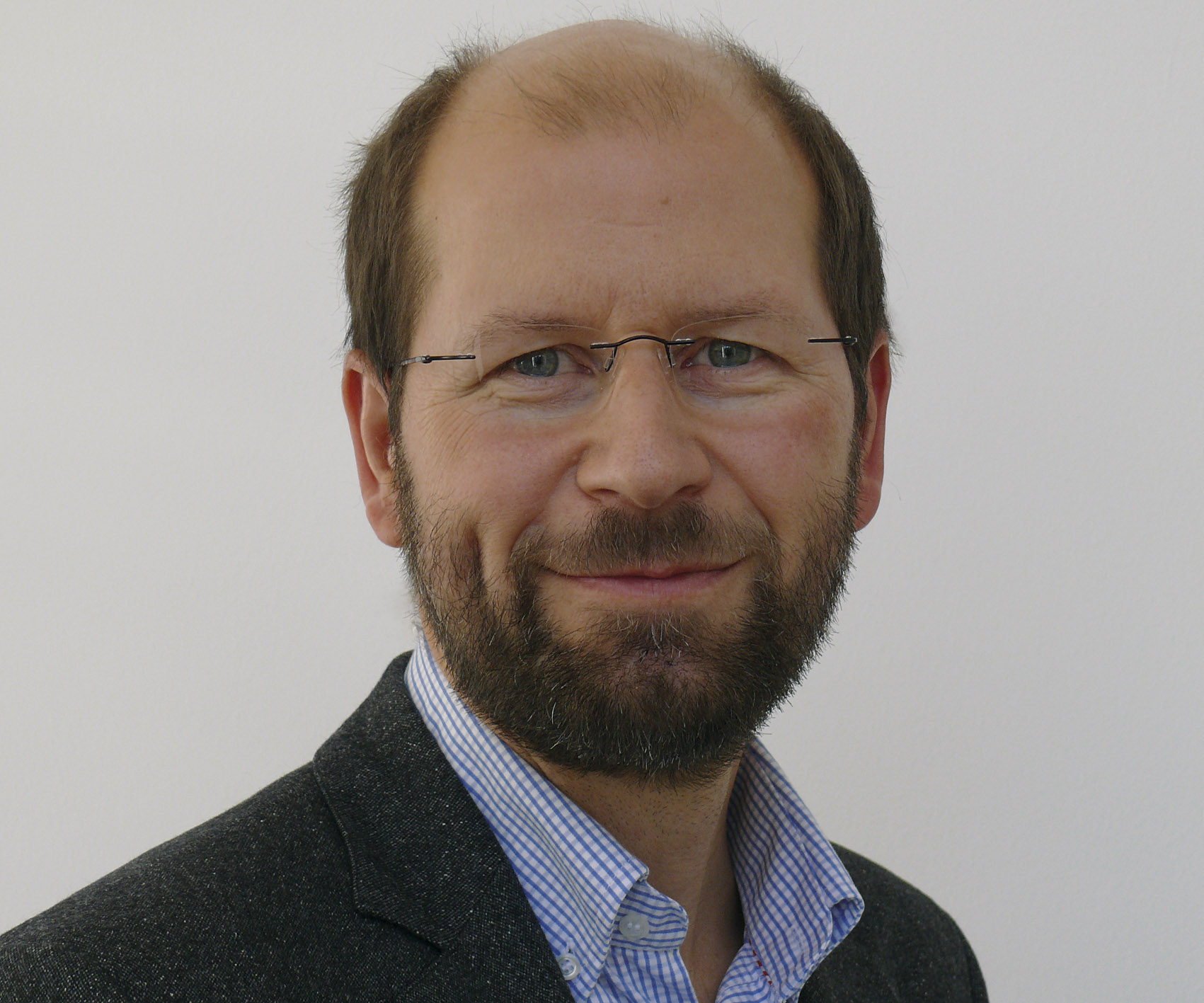Five questions to...
– Published 11 September 2013

Five quick questions to Stefan Lechtenböhmer, Director of Future Energy and Mobility Structures at Wuppertal Institute in Germany, currently doing guest research at the Faculty of Engineering at Lund University.
Stefan Lechtenböhmer is appointed as guest professor at the Division of Energy and Environmental Systems Studies with financial support from the Swedish Energy Agency for 2013-2014. Sweden and Germany are two countries with high ambitions to make the transition to sustainable energy and transport systems, called “Energiewende” in Germany and “Energiomställning” in Sweden.
Who are you?
– I am a Geographer and Economist by education and have been working for more than 20 years on various topics of sustainable energy and energy transition on local, national and international levels.
What will your research be about?
– My research will be about the role of energy scenarios in long term policy making for a sustainable low carbon society and on a comparison of German and Swedish experiences. Further it will try to improve mutual learning between Germany and Sweden on energy efficiency and energy transition.
Why did you chose LU and LTH?
– LU/LTH has been active in sustainability research and environment and energy systems analysis for a long time and we always recognized this work in Germany. Therefore I am happy to be able to stay here and learn and interact directly with scientist and students in Lund.
What is the main research challenge, in our time, in this area?
– Given the climate challenge and the energy challenge, we need instruments for a longterm guidance of policy towards sustainable development.
What is your opinion on the German decision to phase out nuclear?
– It was a very good decision - only to late and to slow. But anyway it really give a kick to a lot of very exciting developments currently going on in the German electricity system. Conversion of the system to a fully renewable one is now seriously going on – and creating many challenges for research and practise.
